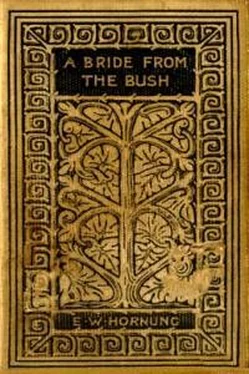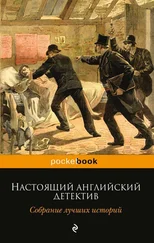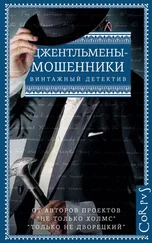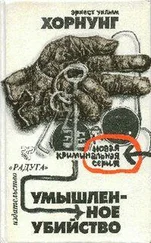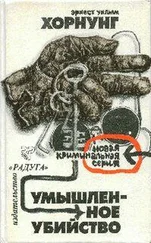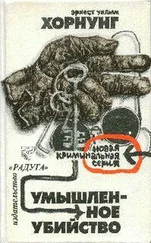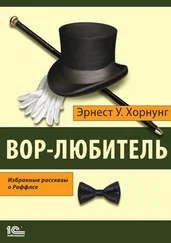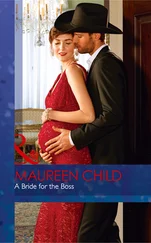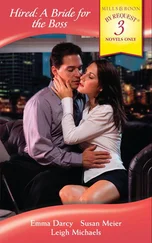"Ration–bags all hung up; nothing left about; fireplace cleaned out—daily, I should say; pannikins bright as silver; bunk made up. All this is most irregular!" exclaimed Alfred. "This boundary–rider must be a curiosity. I never saw anything half so neat during all the months I was in the Bush before. One might almost suspect a woman's hand in it—especially in that mirror. Which reminds me, Gladys told me she was once out here for a week, alone, riding the boundaries, when they were short–handed. My darling! What nerve! Would to Heaven you had had less nerve!"
The thick sand rattled in continuous assault upon the iron roof. It was becoming a difficult matter to see across the hut. But the storm, and the gallop, had had a curiously exhilarating effect upon Alfred. His spirits had risen.
"I wish that boundary–rider would come in; but the storm's bound to fetch him. I want a pannikin of tea badly, to lay the dust inside; there's as much there as there was outside, I'll be bound. Besides, he will have news for me. Poor Larry!—the same old drivel! And to think that I was something like that in my delirium—that I might have been left like Larry!"
His attention was here attracted by the illustrated prints pasted upon a strip of sackcloth nailed to the pine–logs over the bunk: a feature, this, of every bushman's hut. He went over to look at them, and, the better to do so, leant with one knee upon the bed—the rudely–framed bed that was so wonderfully well "made."
"Ah!" remarked Alfred, "some of them are the old lot; I remember them. But some are new, and—why, that's a cabinet photograph down there by the pillow; and"—bending down to examine it—"good Heavens! it's of me !"
It was a fact. The photograph, fixed so close to the pillow, was an extremely life–like one of Alfred Bligh. But how had it got there? Of what interest or value could it be to the boundary–rider of the Yelkin Paddock? It had been taken last summer, at Richmond; and—oh, yes, he remembered now—Gladys had sent one out to her father. That was it, of course. The boundary–man had found it lying about the veranda or the yard at the homestead (Alfred knew his father–in–law), and had rescued it for the wall of his hut. No matter (to the boundary–man) who it was, it was a picture, and one that would rather set off the strip of sackcloth. That was it, of course; a simple explanation.
Yet Alfred trembled. The photograph was in a far from conspicuous position; nor did it look as if it had been left lying about. What if it belonged to Gladys? What if Gladys had fastened it there with her own hands? What if she came sometimes to the hut—this hut in which he stood? What if she had spent another week here riding the boundaries, when her father was short of men?
All at once he felt very near to her; and the feeling made him dizzy. His eyes roved once again round the place, noting the abnormal neatness and order that had struck him at first; a look of wild inquiry came into his haggard face; and even then, as the agony of surmise tightened every nerve—a sound broke plainly upon his ears. It was heard above the tinkle of the sand upon the roof: a horse's canter, muffled in the heavy sand outside.
Alfred sprang to the door. At the same instant a rider drew rein in front of him. They were not five paces apart, but such was the density of the flying sand and dust that he could see no more than the faint outline of the horse and its rider. Then the rider leapt lightly to the ground. It was the boundary–rider of the Yelkin Paddock; but the boundary–rider was a woman.
Alfred reeled forward, and clasped her to his heart.
"Gladdie! Darling!"
He had found her.
Chapter 19
Another Letter From Alfred
"Bindarra Station, N.S.W., April 13 .
"Dearest Mother,—Your dear letter, in answer to my first, written in January, has just reached me. Though I wrote so fully last mail, I can't let a mail go without some sort of an answer. But, as a matter of fact, I am in a regular old hurry. The mail–boy is waiting impatiently in the veranda, with his horse 'hung up' to one of the posts; and the store keeper is waiting in the store to drop my letter in the bag and seal it up. So I must be short. Even with lots of time, however, you know I never could write stylish, graphic letters like Gran can. So you must make double allowances for me.
"And now, dear mother, about our coming back to England; and what you propose; and what you say about my darling. To take the best first—God bless you for your loving words! I can say nothing else. Yes, I knew you were getting to love her in spite of all her waywardness; and I know—I know —that you would love her still. And you would love her none the less for all that has happened; you would remember what I explained in my first letter, that it was for my sake ; you would think no longer of what she did, but why she did it.
"But, about coming back, we have, as you already know, made up our minds to live out our lives here in Australia. After all, it's a far better country—a bigger and a better Britain. There is no poverty here, or very little; you never get stuck up for coppers in the streets of the towns; or, if you do, it's generally by a newly–landed immigrant who hasn't had time to get out of bad old habits. There's more room for everybody than at home, and fairer rations of cakes and ale all round. Then there's very little ill–health, because the climate is simply perfect—which reminds me that I am quite well now—have put on nearly two stone since I landed! But all this about Australia's beside the mark: the real point is that it suits Gladdie and me better than any other country in the world.
"Now for some news. We have decided upon our station at last. It is the one in Victoria, in the north–eastern district—I think I mentioned it among the 'probables' in my last. It is not large as stations go; but 'down in Vic' you can carry as many sheep to the acre as acres to the sheep up here in the 'back–blocks.' You see, it is a grass country. But the scenery is splendid: great rugged ranges covered with the typical gum–trees, of which there are none up here, and a fine creek clean through the middle of the 'run.' Then there are parrots and 'possums and native bears all over the place, none of which you get up here, though I fear there will be more snakes too. The only drawback is the 'cockatoos.' I don't mean the bird , dear mother, but the 'cockatoo selectors.' Personally, I don't think these gentry are the vermin my father–in–law makes them out to be; he brackets them with the rabbits; but I mean to make friends with them—if I can. The homestead is delightful: good rooms, and broad veranda round three sides. We are going to be absurdly happy there.
"We shall not take possession though till after shearing— i.e. in your autumn, though the agreement is signed and everything arranged. Meanwhile, we shall stay on here, and I am to get a little more Colonial experience. I need it badly, but not perhaps so badly as my father–in–law makes out. He ridiculed the idea of my turning squatter on my own account, unless Gladys was 'boss.' But, now that we have fixed on the Victorian station, he is a bit more encouraging. He says any fool could make that country pay, referring of course to the rainfall, which just there, in the ranges, is one of the best in Australia. Still, he is right: experience is everything in the Colonies.
"So I am not quite idle. All day I am riding or driving about the 'run,' seeing after things, and keeping my eyes open. In the evenings Gladdie and I have taken to reading together. This was her doing, not mine, mind; though I won't yield to her in my liking of it. The worst of it is, it's so difficult to know where to begin; I am so painfully ignorant. Can you not help us, dear mother, with some hints? Do!—and when we come home some day (just for a trip) you will find us both such reformed and enlightened members of society!
Читать дальше
